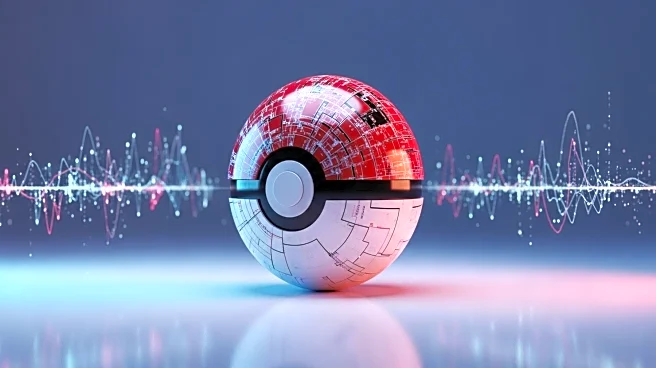What's Happening?
Nintendo has been awarded a patent related to the Pokémon series, which covers the gameplay mechanic of summoning a character to fight another. This patent, granted by the U.S. Patent and Trademark Office, has sparked criticism from IP lawyers who argue that it could stifle creativity and innovation in the video game industry. The patent was filed in 2023 and granted in September without objection. It has become a point of contention following Nintendo's lawsuit against Palworld developer Pocketpair, which involved three patents filed in 2024. Despite the controversy, Don McGowan, former chief legal officer at The Pokémon Company, suggests that the patent will likely be ignored by other developers who can show prior art.
Why It's Important?
The granting of this patent has significant implications for the video game industry, particularly for developers who use similar mechanics in their games. The broad nature of the patent could lead to potential infringement lawsuits, which may deter innovation and creativity among developers. This situation highlights ongoing concerns about the U.S. patent system and its impact on the industry. Developers who rely on similar mechanics may face legal challenges, potentially affecting their business operations and creative processes. The controversy underscores the need for a balanced approach to patenting in the gaming sector to ensure that innovation is not hindered.
What's Next?
Developers may need to reassess their game mechanics to avoid potential infringement issues. Legal experts and industry stakeholders are likely to continue debating the implications of this patent, possibly leading to calls for reform in the patent system. Nintendo's actions may prompt other companies to review their patent strategies, potentially influencing future litigation and industry practices.
Beyond the Headlines
The ethical and legal dimensions of this patent raise questions about the balance between protecting intellectual property and fostering innovation. The case may set a precedent for how similar patents are handled in the future, impacting the legal landscape for video game development.









